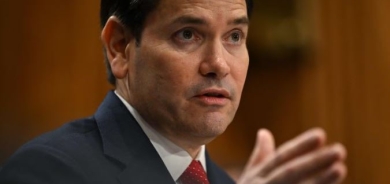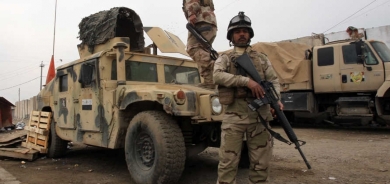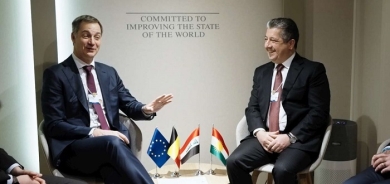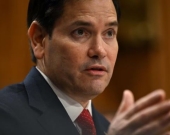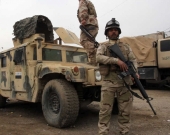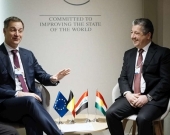Minister: 7m barrels of Kurdish Oil Sold Internationally

In an interview with Rudaw, he said that Kurdish production capacity of 300,000 barrels per day (bpd) is expected to rise to 500,000 bpd by the end of the year.
He added that the revenues from the shipments -- except for two rounds of oil sales – had been deposited in Kurdistan’s bank.
The Kurds have been looking increasingly confident about their oil exports, via a pipeline to the Turkish port of Ceyhan, following four major oil sales.
In the most recent delivery, on Sunday a tanker offloaded 80,000 cubic meters of Kurdish crude at Croatia’s Adriatic sea port of Omisalj, bought by Hungary’s oil and gas group, MOL.
Three other tankers have to clients who, for the large part, have remained anonymous.
Earlier shipments of Kurdish crude slammed into long running objections by Baghdad to independent oil sales by Erbil. The United States also has banned direct oil sales by the Kurds,
Two tankers, the Minerva Joy and United Kalavrvta, are stuck in limbo off US coastal waters, as they await a US decision over whether their American buyers can legally receive their cargo.
The sale was stopped after the Iraqi government went to a local court in Texas to dispute the legality of delivering Kurdish oil to the US. But Hawrami was optimistic the KRG would win the case.
“The court will have its decision and we will win the (US) case,” said Hawrami, who insisted the KRG was absolutely determined to sell oil to US companies.
The minister added that foreign oil firms working in areas where there is heavy fighting with Islamic State (IS/ISIS) forces, had postponed operations. But he said this would not affect production.
Hawrami referred to an oil shortage that had caused a crisis in the Kurdistan Region, following the outbreak of Iraq’s war with the Islamic State in June. He said there is now plenty of fuel in gasoline stations.
“We are happy that there’s no longer something called a fuel crisis in the region. We now have a large volume of gasoline in the stations,” Hawrami added. “We are closely monitoring the quality of the gasoline sold.”
The minister said the government would not intervene to set gas prices, which he said was the duty of the parliament’s Oil and Gas Committee.
He said a coupon system for subsidized fuel had not worked. “We will go back to parliament to rework the system.”
Rudaw


